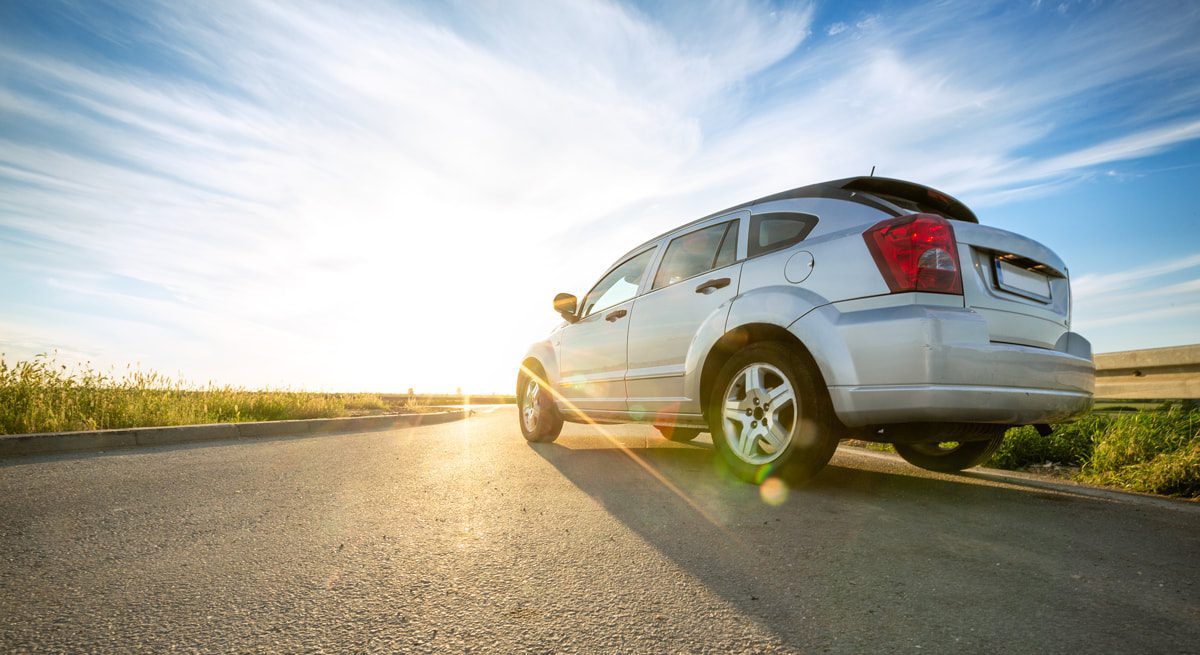1. Property Damage Liability
In Florida, you are required by law to carry at least $10,000 of PDL (property damage liability) insurance to cover the cost of restoring any property you damage with your vehicle – when you were at fault. If the other driver was at fault, then his or her insurance should pay to repair your damaged property.
While most commonly the damaged property is a vehicle, it can be a house, mail box, fence, or anything else of value. You can add additional cover beyond $10,000 to shield yourself against potential lawsuits should your insurance limits not be able to pay in full to repair the other driver’s property.
2. Uninsured Motorist Cover
Around 10% or more of Florida drivers, unfortunately, are on the road without legal auto insurance. Should you get in a collision with one of them, it could be a big headache trying to “squeeze blood out of a turnip” to get your damaged vehicle repaired.
For a very small additional premium fee, you can add uninsured motorist coverage to shield you against this possibility.
3. Under-insured Motorist Cover
Under-insured motorist coverage is almost always sold along with uninsured motorist insurance. It covers you if the other driver had legal insurance, but didn’t have enough coverage to pay for the damages they inflicted on your property. More drivers are under-insured than uninsured, and it doesn’t cost much to add this coverage – so it’s often a no brainer.
4. Collision Coverage
Although not required by law, both collision and comprehensive (see below) auto insurance may be required if you don’t own your car title free and clear. The lender will insist on it to protect their interest in your vehicle while you drive it.
Collision cover specifically reimburses you for repair work done on your car due to a collision, regardless of who was at fault. The more valuable your vehicle, the more collision coverage you will want. This is especially true since collision can also cover total vehicle replacement.
5. Comprehensive Auto Insurance
Since all vehicle damage is not due to collisions with other vehicles, comprehensive coverage fills in most of the gaps. There will still be exclusions and limitations, but in general, theft, vandalism, and damage from bad weather or falling objects is covered by comprehensive.
Again, your lender will insist on you getting comprehensive coverage for an expensive vehicle until you pay it off in full. And the more valuable your car, the more sense it makes to add comprehensive cover to your auto insurance policy.
To better understand property damage and other aspects of Florida auto insurance policies, or for a free no-obligation quote, feel free to contact Flagler County (FL) Insurance Agency today!
